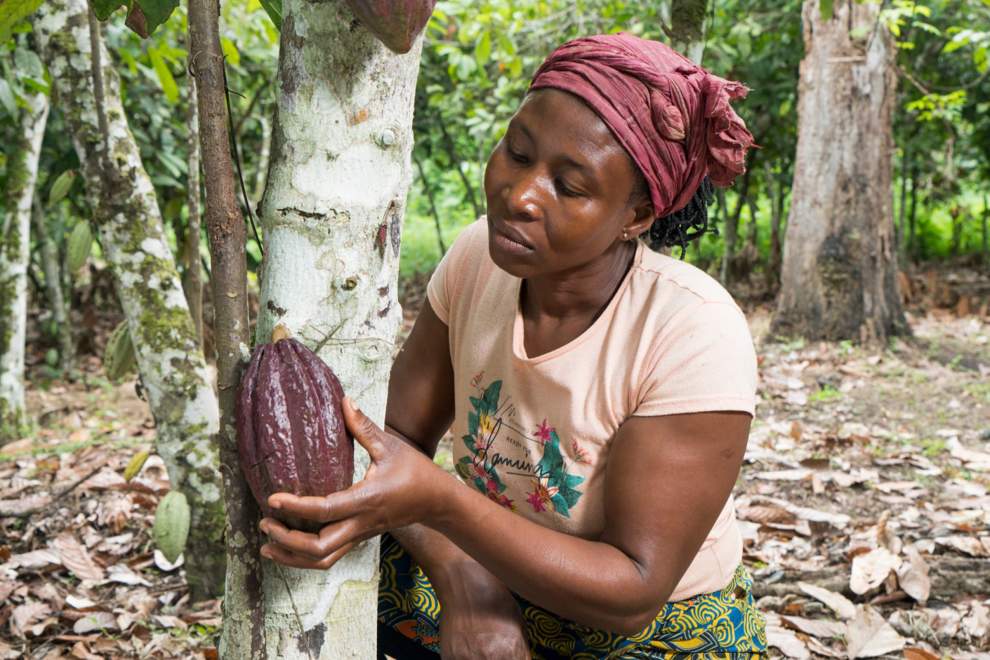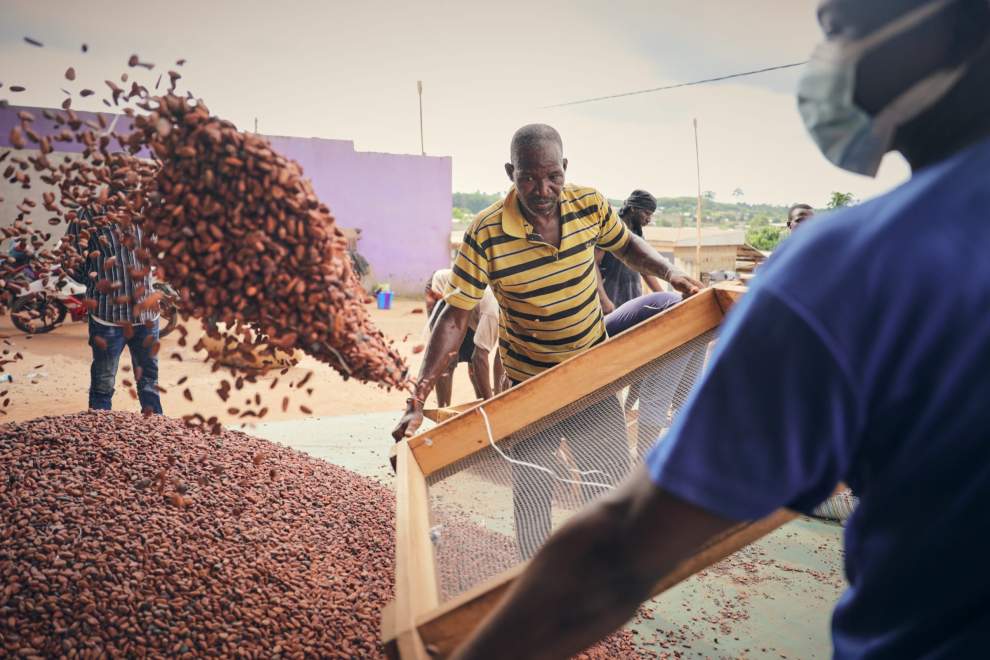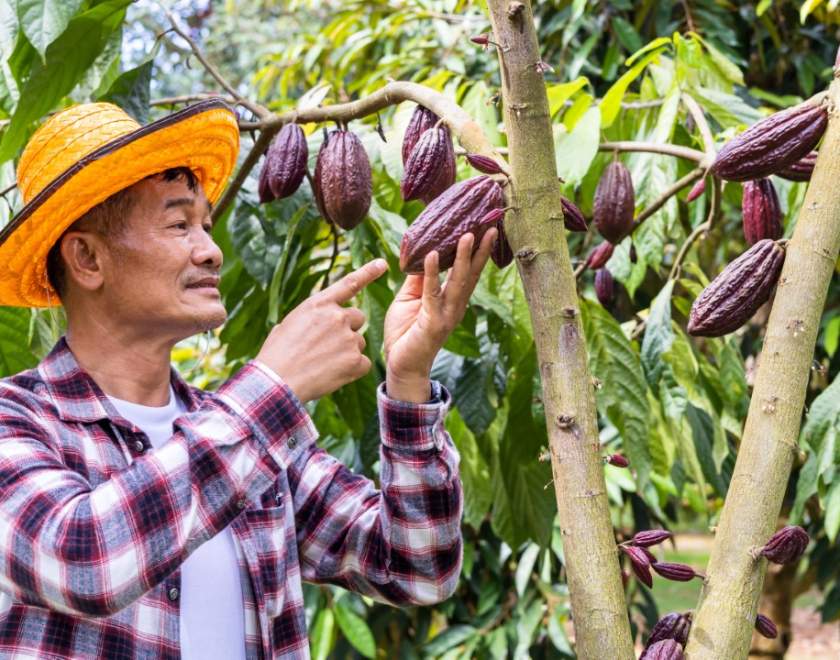Collective Action for a Sustainable and Resilient Cocoa Sector
We unite companies, governments and partners around shared tools, coordinated communications and policy alignment.
We unite companies, governments and partners around shared tools, coordinated communications and policy alignment.
We work with producing and consuming countries to strengthen the policies and market conditions needed for a sustainable and stable cocoa supply. By aligning priorities and elevating producing-country voices, we help create clear, workable expectations across markets and support a resilient global cocoa sector.

WCF develops shared, science-based tools and aligned data frameworks that make compliance consistent, credible and efficient across the cocoa sector. Our practical resources strengthen traceability, support regulatory readiness and improve the quality and comparability of sustainability reporting.

We help the cocoa sector communicate clearly and consistently by shaping shared messages and supporting constructive engagement. Our work strengthens understanding and builds trust with policymakers, partners and the public.


Reverse deforestation

Cocoa & Forests Initiative

Carbon strategy